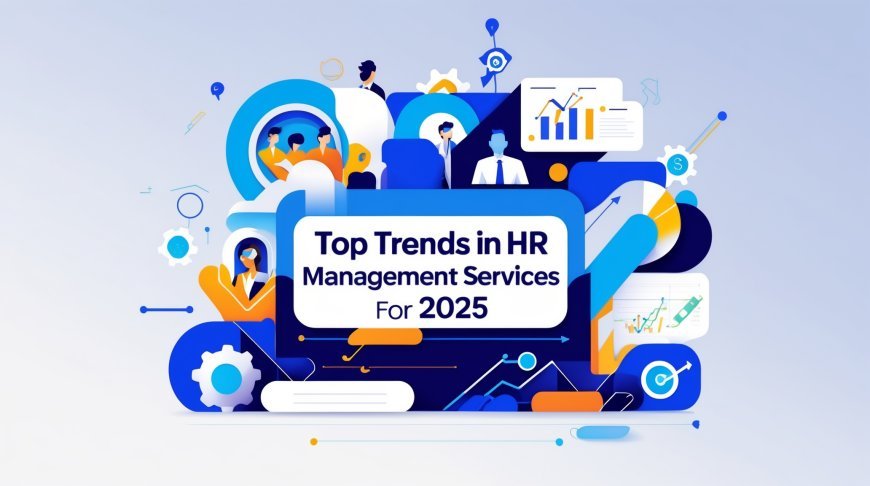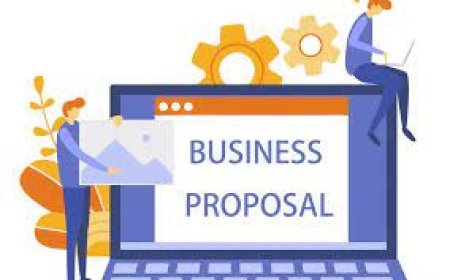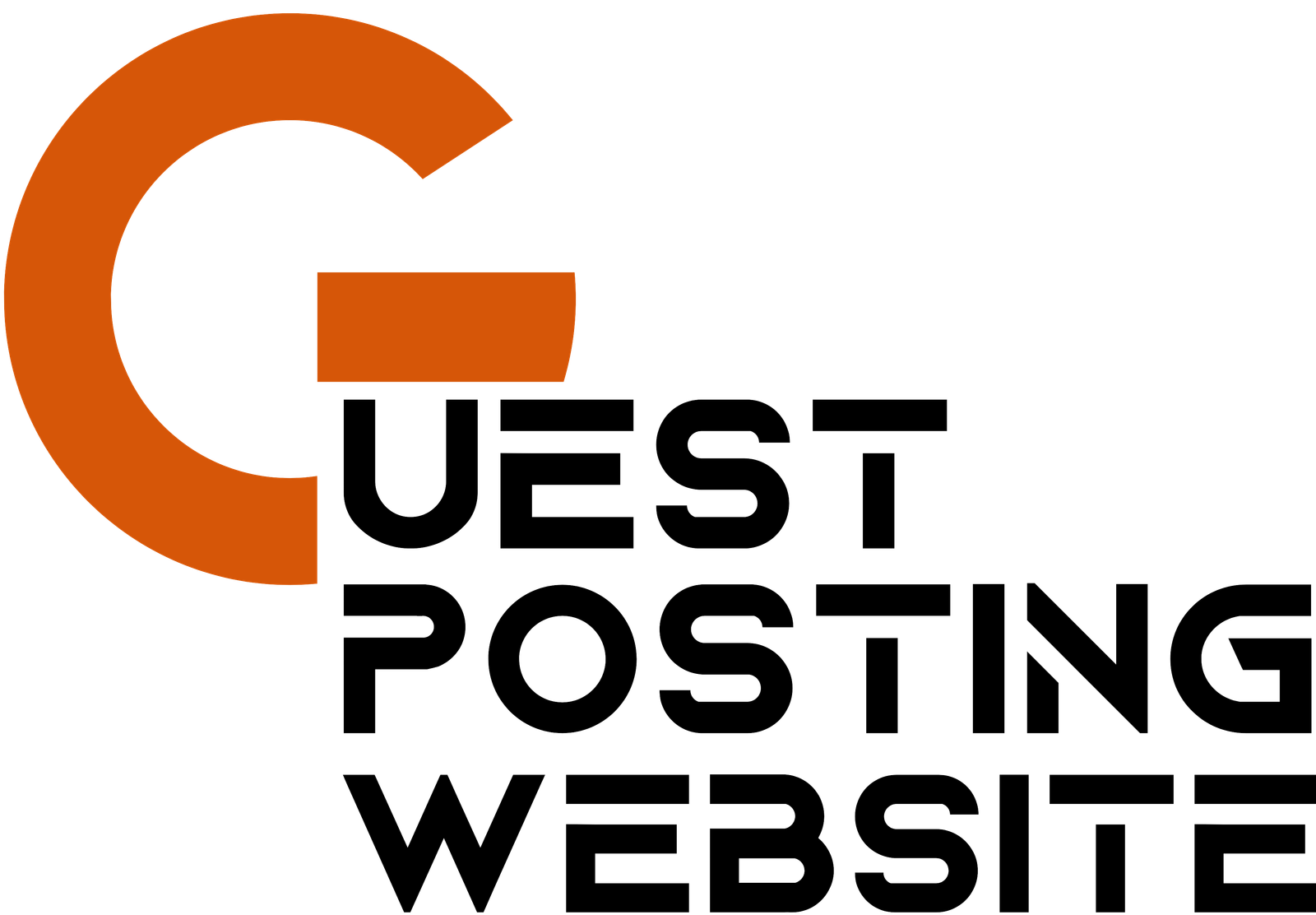Top Trends in HR Management Services for 2025

The field of HR is evolving rapidly to meet the challenges of modern workplaces and leverage technological advancements. HR management services are becoming increasingly essential as organizations strive for streamlined operations and employee satisfaction. Staying updated on emerging trends is critical for businesses aiming to stay competitive. Here, we explore the most influential developments shaping HR management in 2025 and how they are transforming the way businesses operate.
Advanced Technology Integration
Technology continues to revolutionize HR management services, driving efficiency and improving decision-making processes. Several key advancements include:
-
AI-Driven Recruitment
Artificial intelligence is transforming recruitment by identifying qualified candidates through automated resume screening, predictive analysis, and matching skills with job roles. -
HR Analytics for Strategic Insights
Analytics tools are enabling HR professionals to harness workforce data, assess employee performance, and predict turnover trends, making workforce planning more strategic. -
Automation of Routine HR Tasks
Administrative functions such as payroll processing, leave management, and compliance tracking are increasingly automated, allowing HR teams to focus on core functions.
Rise of Flexible Work Models
In 2025, organizations are fully embracing flexible work arrangements as a standard component of their workforce strategies. This approach caters to employee preferences while enhancing productivity.
-
Remote Work Solutions
Remote work management tools, including virtual onboarding and performance monitoring systems, have become essential for managing distributed teams effectively. -
Customizable Work Schedules
Companies are adopting flexible schedules to meet employee needs, contributing to better work-life balance and overall satisfaction.
Prioritizing Employee Well-Being
Employee well-being is at the heart of modern HR practices, with organizations recognizing its critical impact on productivity and retention. The importance of human resource management in fostering well-being has never been more evident.
-
Mental Health Resources
HR management services now include robust mental health support, such as therapy sessions, stress reduction programs, and mindfulness workshops. -
Physical Wellness Initiatives
Comprehensive wellness programs, including fitness subsidies and health screenings, are helping employees maintain better overall health.
Commitment to Diversity and Inclusion
Diversity, equity, and inclusion (DEI) are key focus areas for HR management services in 2025. Organizations are actively building inclusive workplaces that celebrate diverse perspectives.
-
Unbiased Recruitment Practices
Advanced tools are helping HR teams remove bias from hiring processes, ensuring equal opportunities for all candidates. -
Employee Inclusion Programs
Regular training and development initiatives are fostering an inclusive culture where employees feel valued and respected.
Upskilling and Continuous Development
The fast-paced business environment has increased the demand for skill development. Companies are prioritizing continuous learning to keep their workforce competitive.
-
Digital Learning Platforms
Access to online training and certifications empowers employees to upgrade their skills conveniently. -
Leadership Development
Targeted leadership programs are preparing future leaders by enhancing their management and strategic thinking abilities.
Green and Sustainable HR Practices
Sustainability is increasingly influencing HR strategies, as companies align their operations with environmental goals.
-
Paperless HR Systems
Digital documentation and e-signatures reduce paper usage, aligning HR operations with eco-friendly practices. -
Employee Sustainability Programs
Initiatives such as carpooling incentives and energy-saving workplace policies encourage employees to contribute to environmental conservation.
Creating an Exceptional Employee Experience
Organizations are focusing on the entire employee journey to improve engagement and satisfaction, ensuring a positive workplace experience from recruitment to retention.
-
Seamless Onboarding
A structured and supportive onboarding process sets the tone for new hires, helping them integrate smoothly into the organization. -
Feedback-Driven Improvements
Regular employee feedback collection and actionable insights are driving continuous improvements in workplace policies.
Personalization in Employee Engagement
Personalization is becoming a cornerstone of employee engagement strategies. HR management services now utilize data-driven insights to offer customized experiences, such as tailored career development plans, personalized recognition programs, and benefits packages that align with individual employee preferences. This approach not only boosts employee morale but also enhances retention by addressing unique employee needs effectively.
Role of Artificial Intelligence in Employee Retention
Artificial intelligence is increasingly being used to predict employee turnover and design proactive retention strategies. By analyzing data on employee satisfaction, performance trends, and engagement levels, AI tools provide actionable insights that enable HR teams to address potential issues before they escalate. This predictive capability is becoming indispensable in creating a stable and motivated workforce.
Collaborative Workplace Design
Organizations are focusing on creating collaborative workplace environments, both physical and virtual, to enhance teamwork and innovation. Modern HR management services are helping businesses design spaces and systems that encourage seamless collaboration, such as open office layouts, team-building activities, and digital tools for virtual teamwork. This trend emphasizes the importance of fostering a culture of shared goals and mutual respect among employees.
Future-Ready HR Management
HR management services are at the forefront of driving organizational success by integrating cutting-edge tools and practices. From leveraging technology to nurturing inclusive and productive work environments, the role of HR continues to expand. Partnering with the right HR service provider ensures that businesses can navigate these trends effectively while focusing on growth and innovation.
By adopting these forward-thinking strategies, organizations can build a workforce that is not only resilient but also adaptable to future challenges.
What's Your Reaction?


















































